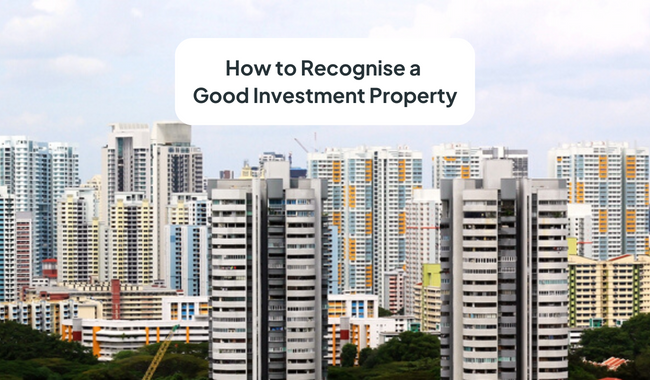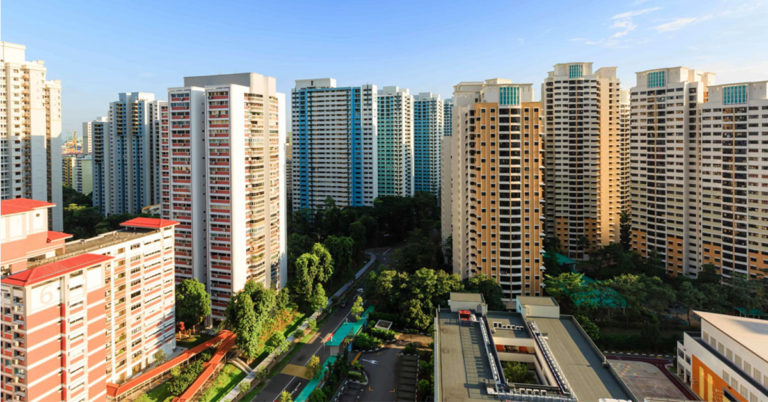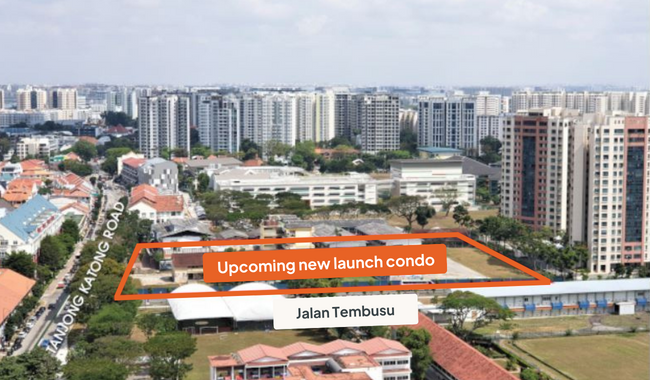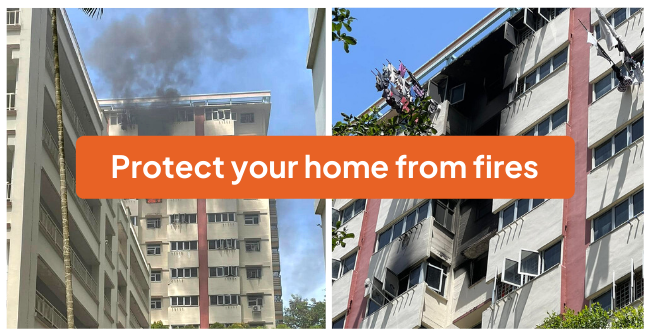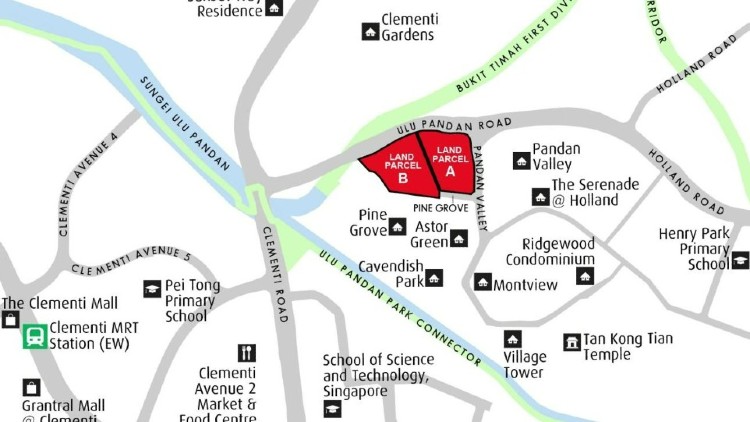As it is with all investments, real estate is a tricky field to navigate. But with sufficient research and the help of a trusted real estate advisor, it can be highly rewarding. Below, we explore a few key factors for you to recognise a good investment property:
Before you begin, you should have narrowed down key traits of your ideal property, including the budget, location, size, type and what sort of tenant demographics you may want to target, so you can zero in on properties with the right mix of amenities. From there, we recommend that you get a real estate professional involved with the buying process.
1. Good entry price
If your shortlisted property is selling for a lower price per square foot than other transactions in the same project or area (assuming they all have largely similar conditions and factors), then it has a good entry price.
While property value tends to increase over time, do not risk buying property at high entry prices (above market value) thinking they will make up for it when the price eventually appreciates. Not only do you increase the risk of loss, but it also reduces your profit and is hardly a prudent investment approach.
You can check out the URA website for transacted prices for a particular project or area for private properties and HDBs within a 200m zone.
2. Cheap doesn’t mean good
While it is crucial to buy at a good entry price, “cheap” property doesn’t necessarily mean it is going to be a good investment. The illustration below explains this concept very simply:
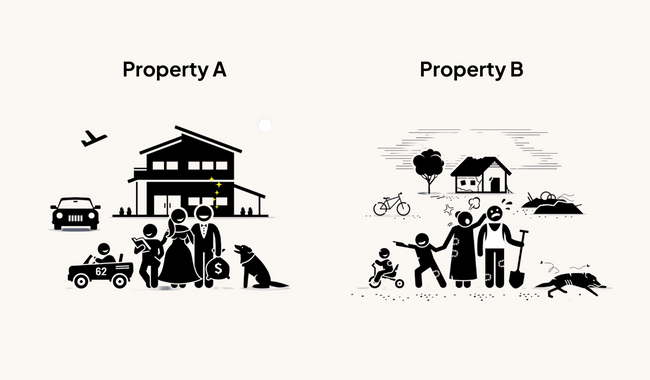
While Property B is going to cost a lot less, it’s also less likely to appreciate in value if it is located in an underdeveloped area with little to no amenities or transportation systems. In a first-world country like Singapore, you are unlikely to be comparing two properties with such a vast disparity. Still, watch out for the subtle tells about how well one property will fare in the long run against the other.
The development of amenities and transport planning in and around the area where your property is located can have deep impacts on its long-term value. Watch out for strong draws like the development of business hubs, parks, malls, and the relocation or development of highly sought-after schools or institutions to the area. Attractions like these will rev up demand for the property in the vicinity, pushing both sale and rental prices up — good news for both homeowners and investors.
3. Vacancy rates
In space-scarce Singapore, affordable housing gets snapped up very quickly. As such, it may be difficult to tell if a certain estate may not be too ideal if you were to study the transaction volume of HDB flats in the area. New launch projects and private properties, however, are much more telling.
If your shortlisted neighbourhood has an unusually high number of listings, it may be a telltale sign that there may be a mass exodus of tenants in the area, or that homeowners are looking to sell en masse. Coupled with low prices, it may be tempting to swoop in and buy with the idea that this is some sort of fire sale. However, you could be in for a rude shock as it could mean the neighbourhood is far from investment worthy. As a potential landlord, high vacancy rates will push your rent down. It is simple supply and demand.
4. Appreciation potential
Zero in on properties with appreciation potential. Punch up and negotiate downwards by including properties above your budget in your search. Real estate often sells below its listing price; agents and homeowners will list higher prices knowing full well that buyers are going to negotiate, and negotiate hard.

A good investment property with appreciation potential requires few cosmetic changes and renovations, while attracting tenants who can afford higher rents. Look for signs of gentrification in the area, like Tiong Bahru. Such signs include the mushrooming of pricey hipster cafes, retail shops with higher price points and quality goods, whimsical art galleries, or a sudden surge of educational centres, signalling the possibility of an influx of well-heeled tenants willing to pay higher rents.
5. Know your costs
As a property investor, you need to know your acronyms – SSD, BSD, ABSD, TDSR, and LTV. Respectively, they are Seller’s Stamp Duty (SSD), Buyer’s Stamp Duty (BSD), Additional Buyer’s Stamp Duty (ABSD), Total Debt Servicing Ratio (TDSR), and Loan to Value (LTV). Any of these could make or break your ability to finance your investment property.
Stamp duties are actually cooling measures meant to discourage speculative investment, or house-flipping in layman’s terms, by making it more expensive to buy, hold, or sell multiple properties.
On the other hand, TDSR and LTV are meant to help buyers make prudent financial decisions so they do not overload themselves with debts and loans. While many may find these restrictions burdensome, knowing the costs of taxes, stamp duties and how much loan you can take on, could help you better understand your long-term ability to maintain an investment property.
In addition, here is a list of additional costs you may have to pay for:
- Purchase price
- Legal fees
- Survey costs
- Home loan
- Home loan insurance
- Fire insurance
- Home insurance
- Maintenance fees
- Rental charges
- Income tax
- Property tax
- Utilities
- Renovation costs
Comparing your costs against your rental yields will help you understand what your actual returns are. When in doubt, always do your research or ask a trusted real estate professional for advice.
Looking for a good investment property?
If you’re looking for resale HDB listings or resale condo apartments, you can find verified listings here.
To browse new launch condos, you can go here.
Or get matched to the right home immediately!
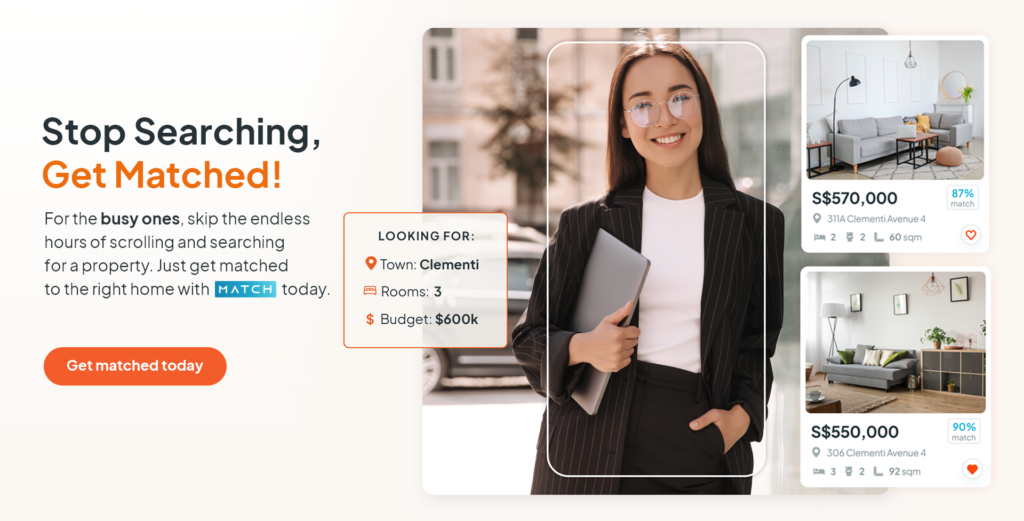
Let Ohmyhome’s smart data-matching technology MATCH you with the right home, according to your specific needs. Submit your preferences to us and our algorithm will filter all our available listings based on those, and we’ll WhatsApp them to you once we find a match. We’ll also send you relevant content that you can use for your research and inform your home-buying decision, so you no longer have to spend hours searching online for the information that you need. Because at Ohmyhome, we’re always by your side, always on your side.
Secure an appointment with any of our Super Agents by dropping us a message on WhatsApp or via our Live Chat, which you’ll find at the bottom, right-hand corner of the screen.






















































